In a world where consumerism often reigns supreme, it’s essential to pause and reflect on the choices we make every day. We unveil the hidden gems of eco-conscious living, revealing the items that, once shed from our lives, can pave the way for a more harmonious existence with the planet. Join us as we embark on a quest to declutter our routines, reduce our environmental footprint, and discover the profound impact of conscious choices on our daily lives.
Single-Use Plastics

Avoiding single-use plastics like water bottles and straws reduces plastic pollution in our oceans and landfills. It simplifies waste management and promotes a sustainable environment by decreasing the demand for petroleum-based plastics.
Fast Fashion
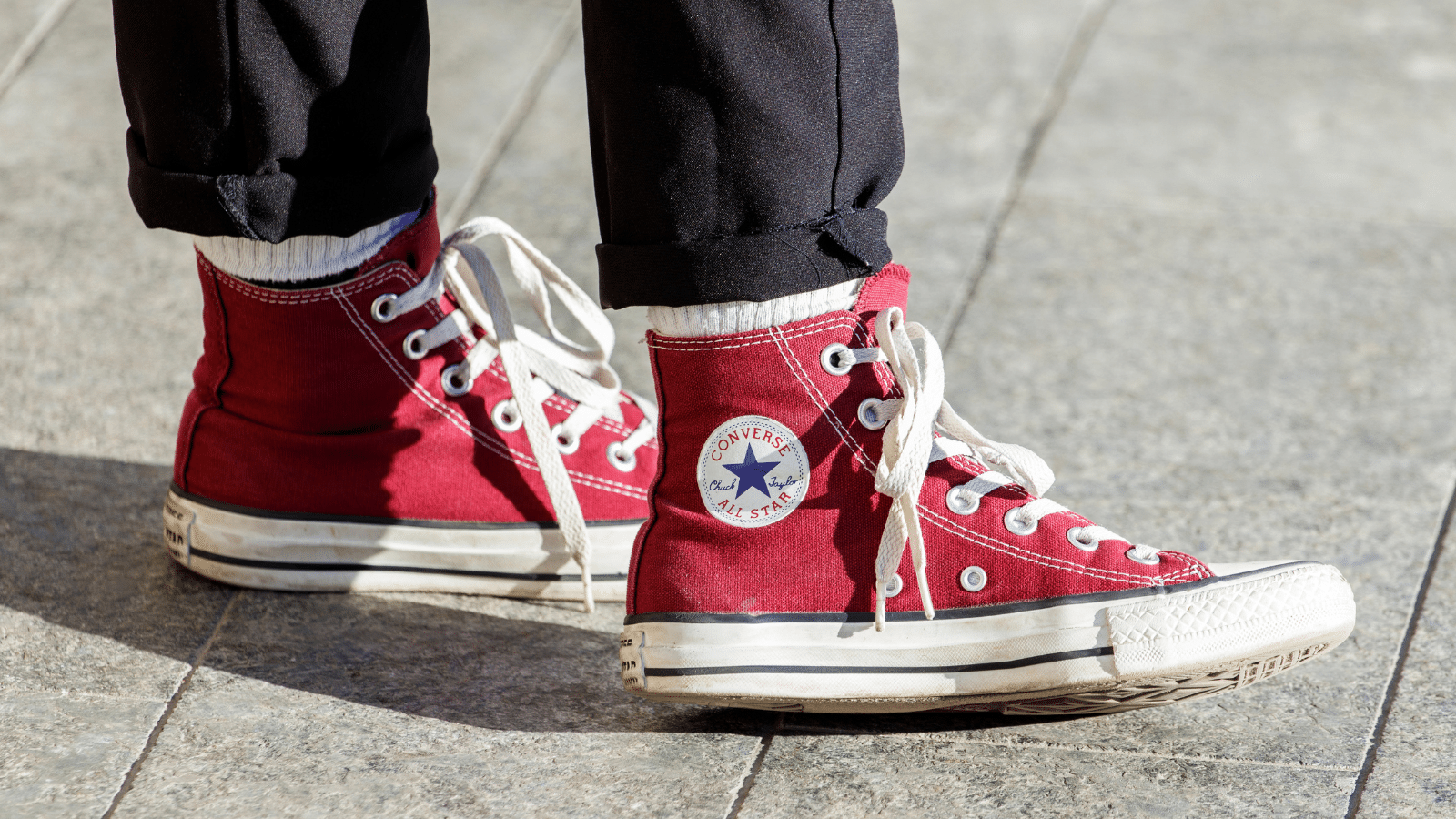
By abstaining from fast fashion, we reduce our contribution to the textile industry’s environmental impact. This not only conserves resources but also supports a more sustainable approach to clothing production, focusing on quality and longevity rather than disposable trends.
Excessive Packaging
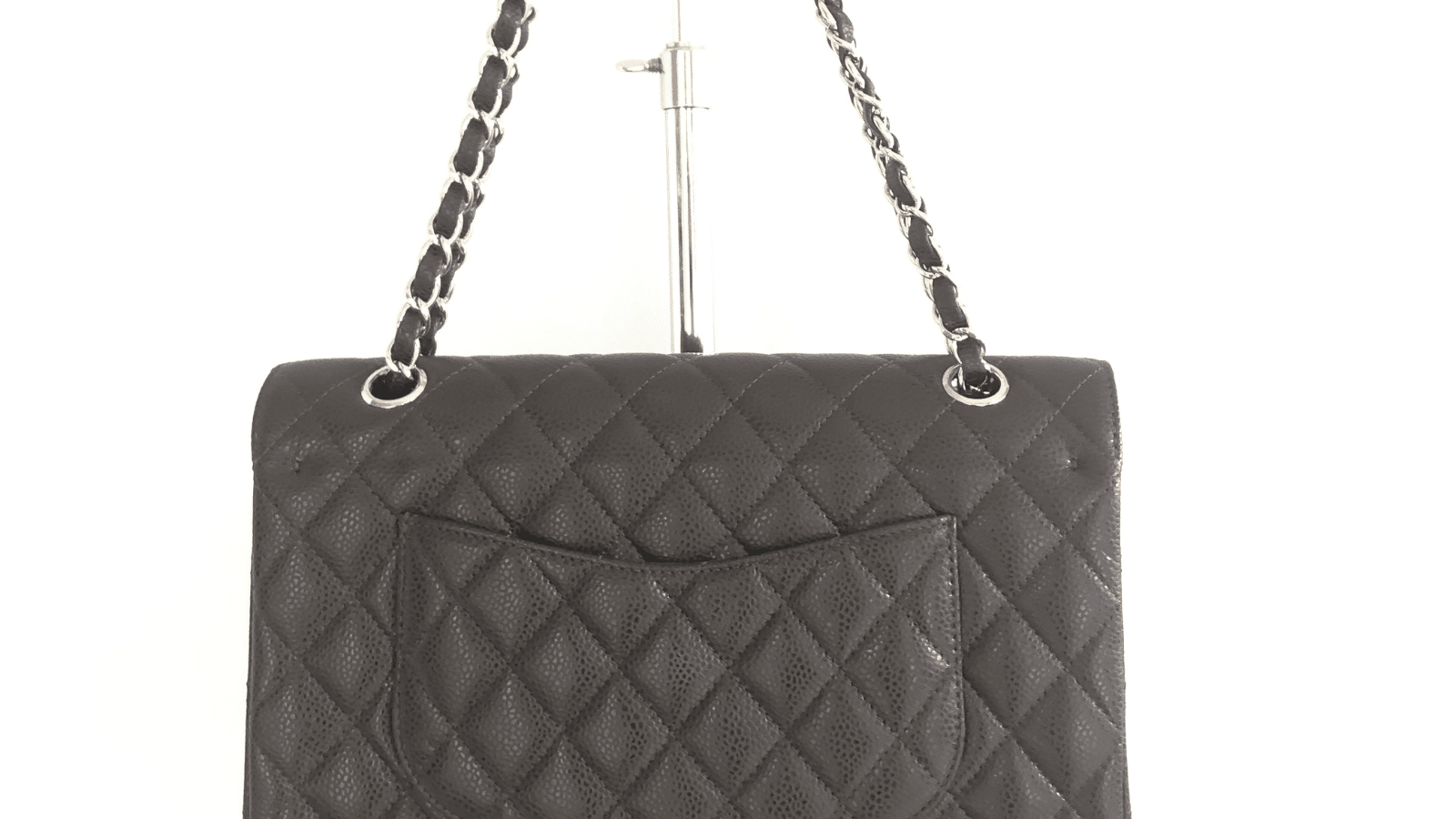
Opting for products with minimal packaging minimizes waste and reduces the demand for resource-intensive packaging materials. This practice not only simplifies your life by cutting down on unnecessary trash but also helps protect the planet by conserving resources.
Paper Towels

Using reusable cloth towels instead of paper towels decreases paper waste and the energy required for their production. It simplifies household expenses and routines while being more environmentally responsible by reducing deforestation and energy consumption.
Disposable Razors

Choosing safety razors or electric razors over disposable ones simplifies grooming routines and reduces the environmental impact of discarded razors. By investing in a quality razor and blades, you save money in the long run and reduce plastic waste.
Processed Snacks
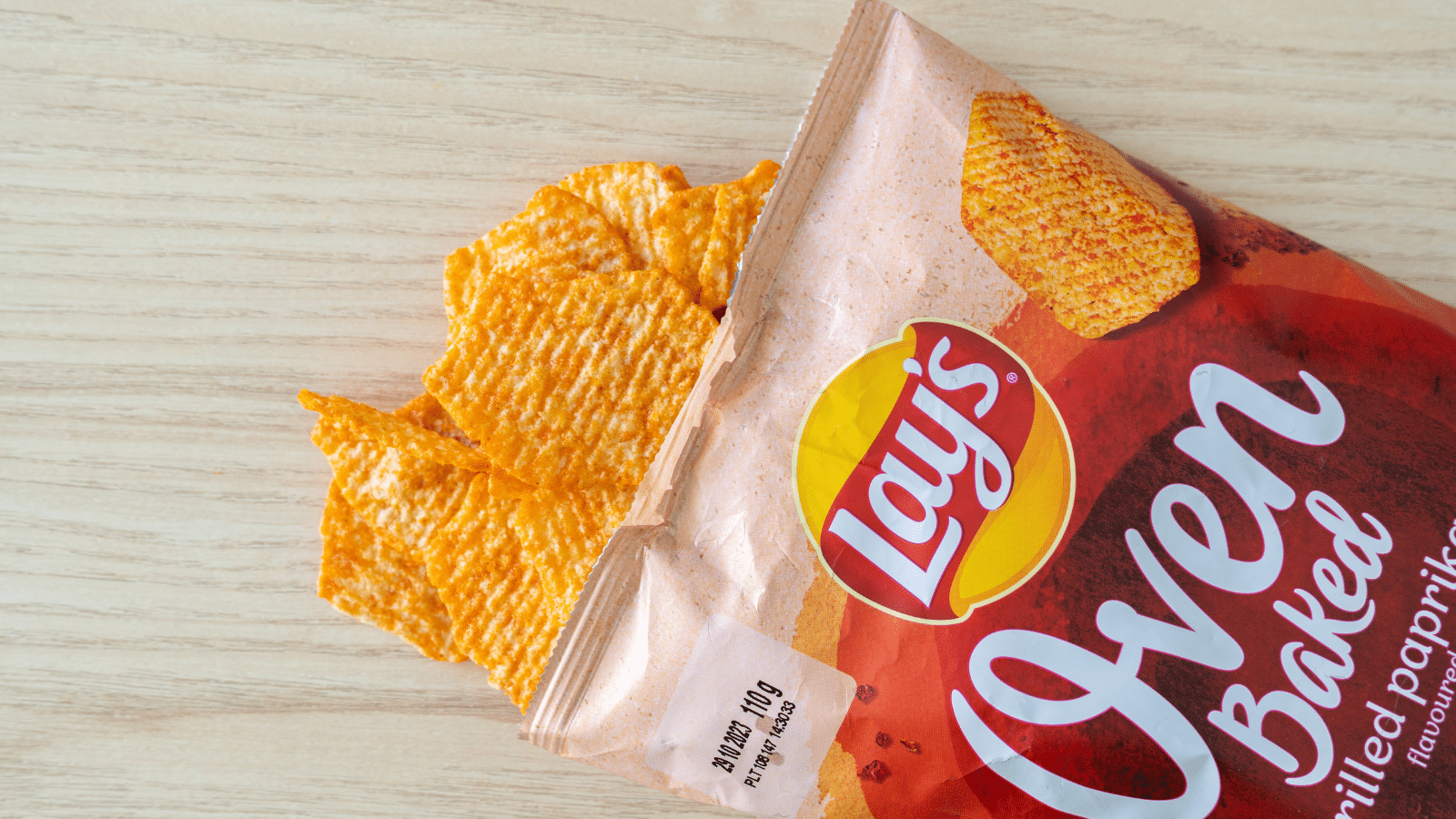
Reducing the consumption of heavily processed snacks can lead to a simpler and healthier diet. At the same time, it decreases demand for overly packaged and processed food items, contributing to a more sustainable and mindful food culture.
Commercial Cleaning Products

Using natural cleaning alternatives simplifies cleaning routines, reduces exposure to harmful chemicals, and minimizes the environmental impact of commercial cleaning products. It also helps you create a safer and more sustainable home environment.
Disposable Batteries

Embracing rechargeable batteries not only simplifies battery management but also reduces hazardous waste from single-use batteries. By investing in rechargeable options, you simplify your electronic needs and contribute to a greener planet.
Fast Food

Minimizing fast food consumption leads to a healthier diet and a simpler lifestyle while supporting local, sustainable food options and reducing packaging waste. It also encourages mindful eating habits and healthier food choices.
Impulse Purchases

Avoiding impulse purchases saves money, reduces clutter, and promotes more intentional and sustainable consumption habits. It simplifies your financial life and reduces the environmental impact of unnecessary manufacturing and transportation.
Excessive Gadgets

Reducing the number of electronic gadgets simplifies daily life, conserves energy, and decreases electronic waste in landfills. It also promotes mindfulness and focus by minimizing digital distractions.
Junk Mail

Unsubscribing from junk mail minimizes paper waste and simplifies daily routines by reducing the clutter of unwanted advertisements. It not only reduces paper waste but also saves you time and reduces annoyance.
Unnecessary Subscriptions

Canceling unused subscriptions not only saves money but also reduces digital clutter and the environmental impact associated with data centers and electronic services. It simplifies your digital life and minimizes your carbon footprint.
Single-Use Coffee Pods

Opting for reusable coffee filters or traditional brewing methods reduces the waste generated by single-use coffee pods. It simplifies the coffee-making process while promoting sustainable coffee consumption practices.
Toxic Cleaning Products
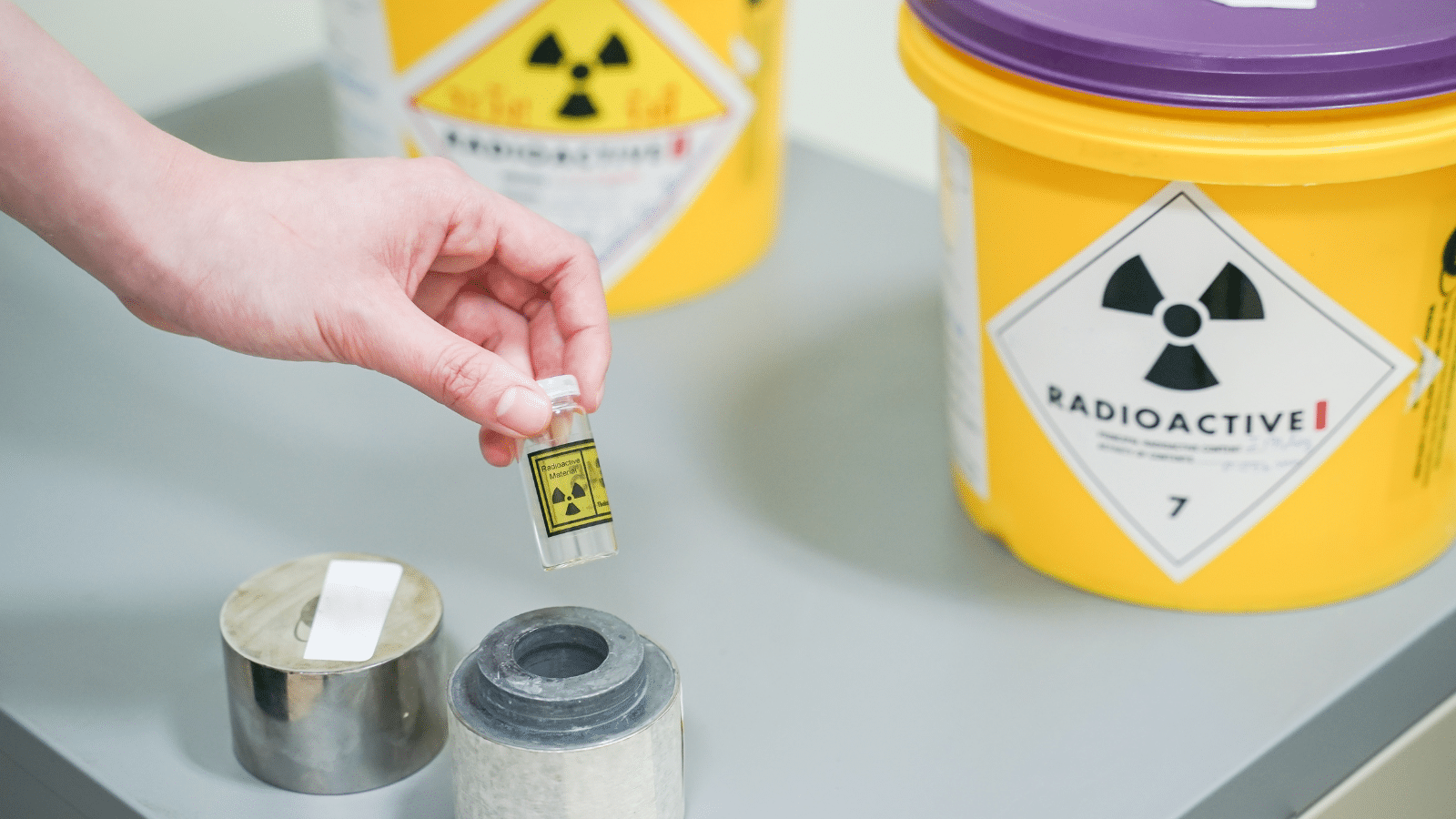
Switching to natural cleaning alternatives simplifies cleaning routines, minimizes exposure to harmful chemicals, and reduces pollution of waterways. It also creates a healthier and safer home environment for you and your family.
Disposable Diapers

Using cloth diapers instead of disposables simplifies diapering routines, saves money, and reduces the environmental impact of diaper waste in landfills. It also encourages a more sustainable and eco-friendly approach to childcare.
Frozen Convenience Foods
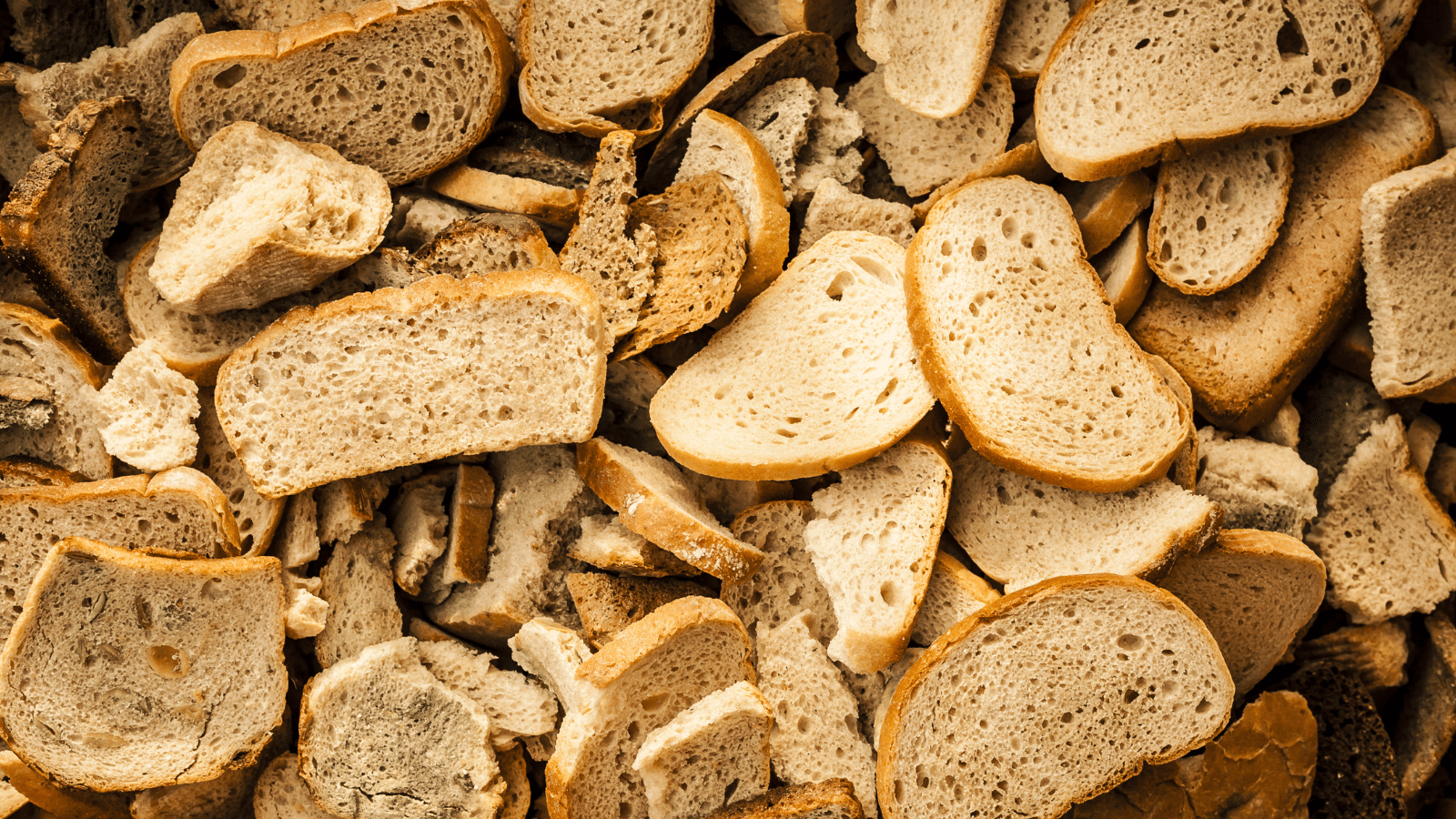
Preparing meals from fresh ingredients reduces packaging waste, promotes healthier eating habits, and simplifies cooking by avoiding processed convenience foods. It also allows you to savor the flavors of homemade meals and reduce reliance on single-use packaging.
Over-Packaged Toiletries

Choosing personal care products with minimal packaging or using products like bar soaps and shampoo bars reduces plastic waste and simplifies bathroom routines. It also encourages sustainable and eco-friendly choices for your daily self-care.
21 Things That Shout You’re “Lower Class” According To Men

Class wars creep up in all aspects of life, including dating. We take a look at the things that men believe are telltale signs that you are lower class.
21 Things That Shout You’re “Lower Class” According To Men
Boomer Zoomers vs. Millennial Meh: 10 Cars the Older Gen Loves but Millennials Just Can’t Stand

The change in the automotive industry has been incredible over the year. Baby boomers born between 1946 and 1964 can’t get enough of the cars listed below, as muscle cars emerged in the 1960s, and new technologies appeared in the 1970s and 1980s. You can imagine why boomers genuinely appreciate these vehicles.
Boomer Zoomers vs. Millennial Meh: 10 Cars the Older Gen Loves but Millennials Just Can’t Stand
Across the Pond Disdain: 18 Horrendous American Habits Foreigners Just Can’t Stomach

There is a lot to love about America, from the bright lights of New York to the incredible breakfasts, but foreigners also dislike many things. We look at everything from poor public transport to an intimidating tip culture, sharing 18 things that America could be better at.
Across the Pond Disdain: 18 Horrendous American Habits Foreigners Just Can’t Stomach
Out with the Old: 18 Gen X Fads That Millennials and Gen Z Just Can’t Vibe With

While some old habits die hard, there are some things that Gen X need to eliminate as they are no longer relevant.
Out with the Old: 18 Gen X Fads That Millennials and Gen Z Just Can’t Vibe With
18 Unpleasant States You Might Want to Skip on Your Next Trip

When thinking of America, we don’t expect there to be boring or unpleasant places to visit. We see all the different states on the TV, and they show the best parts. However, there are some states you won’t want to visit, and you should brace yourselves if you ever happen to stumble into them.
18 Unpleasant States You Might Want to Skip on Your Next Trip






